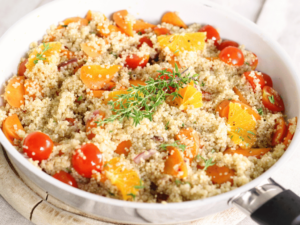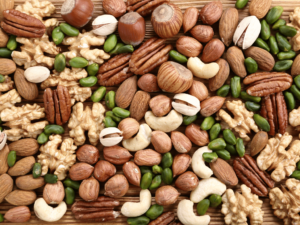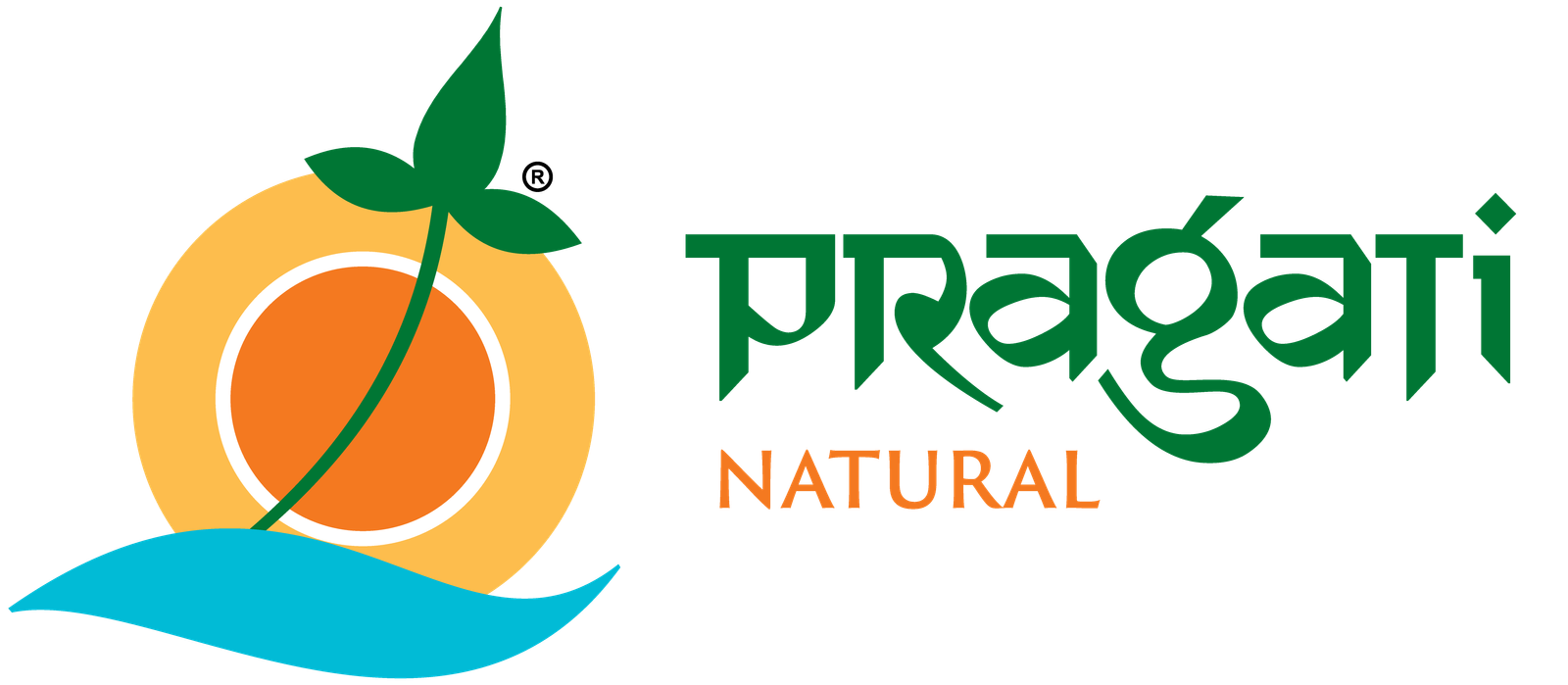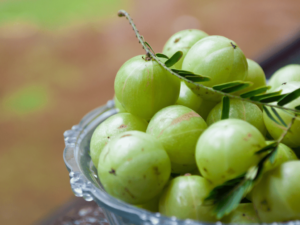Gaining weight and building muscle can be a challenging task, but it is important to approach it in a healthy and sustainable way. Consuming high protein foods is one of the most effective ways to support muscle growth and weight gain. Protein plays a vital role in repairing and building muscle tissue, and also helps to keep you feeling full and satisfied.

In this article, we will explore 8 high protein foods that can help you achieve your weight gain and muscle-building goals in a healthy and effective way.
- Eggs: Eggs are a versatile and affordable protein source that can be enjoyed in many different ways. One large egg has about 6 grammes of protein. Eggs are high in vitamins and minerals, such as vitamin D, vitamin B12, and choline, all of which can help with general health.
- Chicken: Chicken is a popular protein source for those looking to build muscle. A 3- ounce serving of chicken breast contains approximately 26 grams of protein. Chicken is also low in fat and can be prepared in many different ways, making it a great addition to a variety of meals.
- Fish: Fish contains a lot of omega-3 fatty acids., which have been shown to boost heart health and cognitive performance. A 3-ounce serving of salmon contains approximately 22 grams of protein. Other high-protein fish include tuna, cod, and halibut.
- Lentils: Lentils are high in fibre and a plant-based protein source., which can support healthy digestion. A cup of cooked lentils contains approximately 18 grams of protein. Lentils are also high in iron and other significant minerals.
- Quinoa: Quinoa is a complete protein source that is also high in fiber, magnesium, and other nutrients. A cup of cooked quinoa contains approximately 8 grams of protein. Quinoa is a great option for anyone who is gluten sensitive because it is also gluten-free.
- Greek Yogurt: Greek yoghurt is a high-protein snack that may be consumed on its own or in recipes in place of sour cream or mayonnaise. Greek yoghurt has about 17 grams of protein per 6-ounce cup. Additionally, Greek yoghurt is a good source of calcium, which is crucial for strong bones.
- Nuts: Nuts are a high-protein snack that can also be added to meals for extra protein and healthy fats. A 1-ounce serving of almonds contains approximately 6 grams of protein. Other high-protein nuts include pistachios, cashews, and walnuts.
- Seeds: Seeds with high protein content, such as chia seeds, hemp seeds, and pumpkin seeds, can be added to smoothies, muesli, or salads for increased nourishment. A 2-tablespoon serving of chia seeds contains approximately 4 grams of protein. Seeds are also a rich source of healthy fats and fiber.

Adding these high-protein foods to your dietician help you achieve your weight gain and muscle-building goals in a healthy and sustainable way. However, it’s important to remember to balance protein intake with other essential nutrients, such as carbohydrates and healthy fats, and to seek the advice of a healthcare practitioner or a trained dietitian before making significant dietary adjustments. In addition to a balanced diet, regular exercise, rest, and stress management are also important factors in building muscle and promoting overall health.





